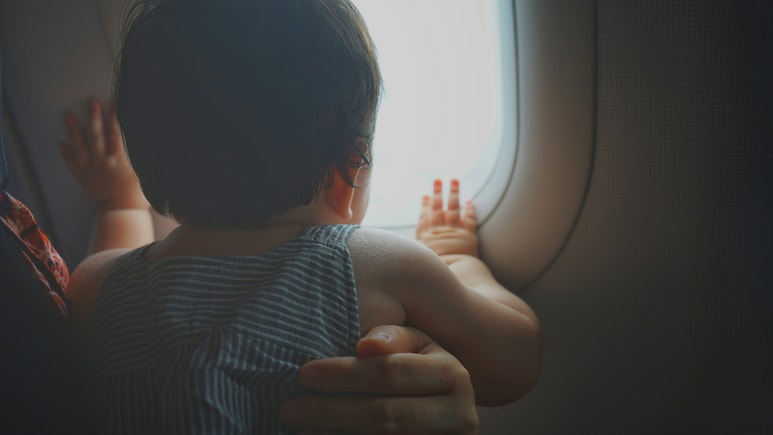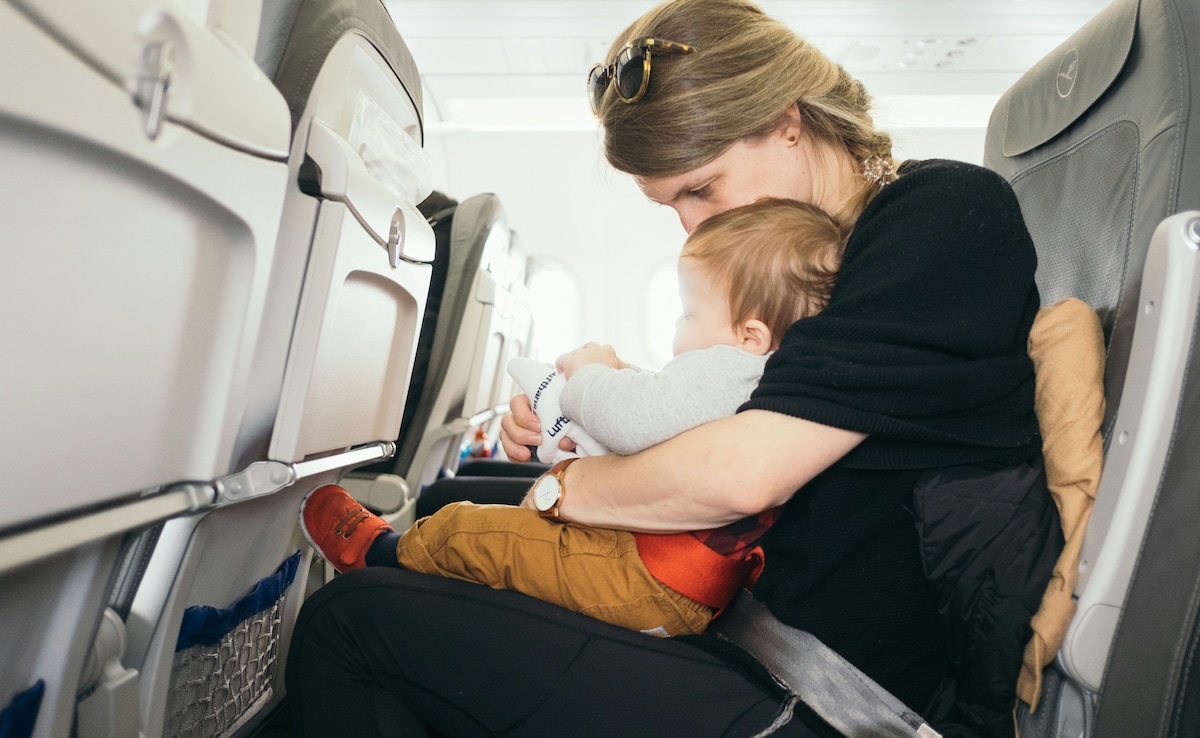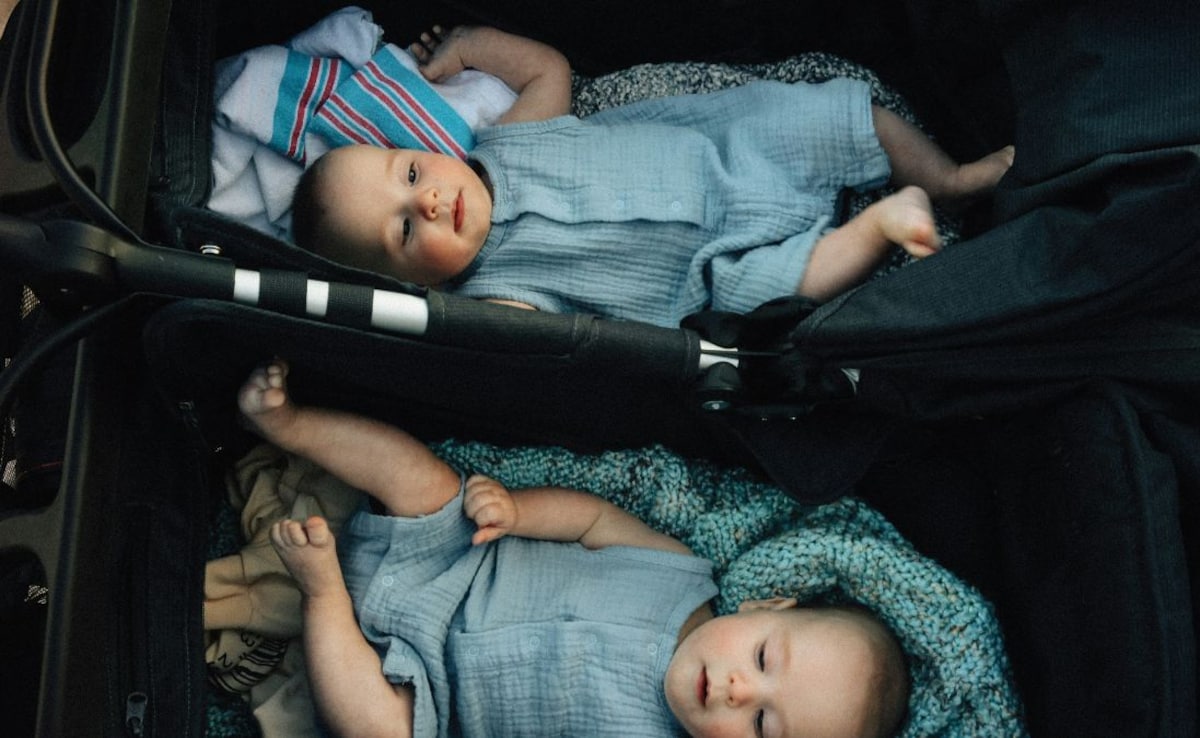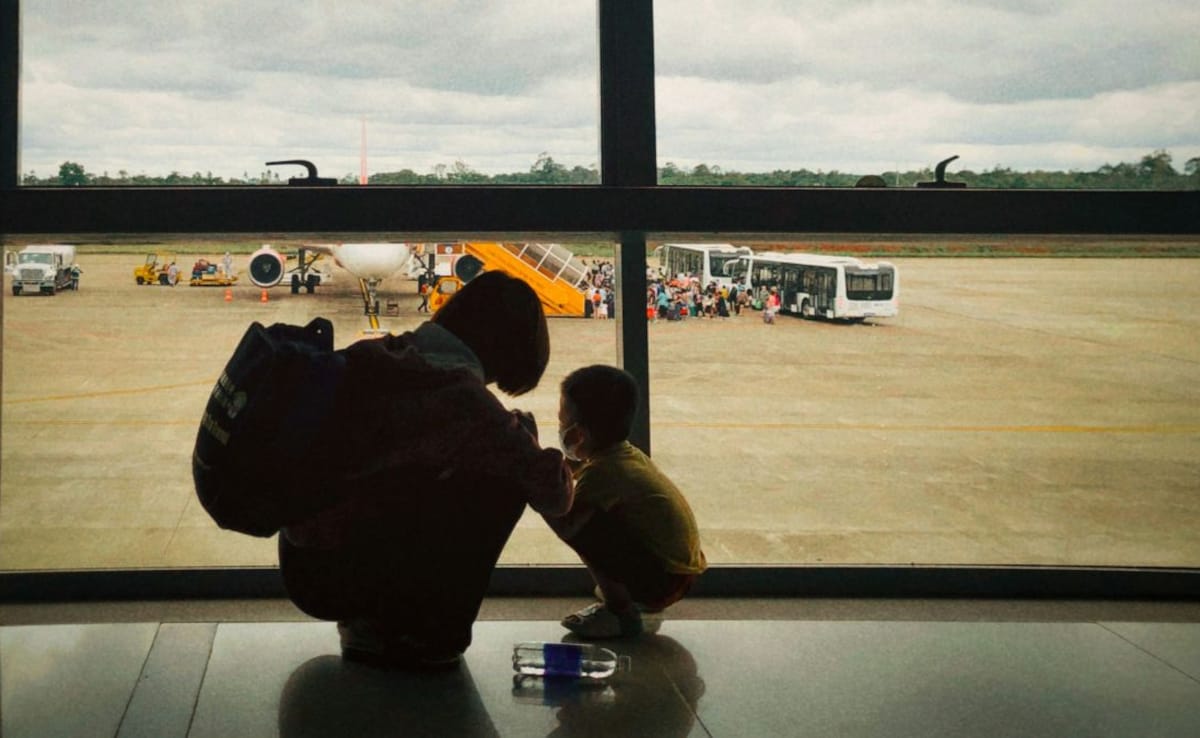
Planning a trip with your baby can be exciting, but let us be honest, it can also feel a little overwhelming. If you have searched "Do babies fly free in India?", you have probably ended up wading through a maze of airline rules, age limits, and hidden charges. The idea of your little one soaring through the skies for free sounds appealing, but the reality comes with a few fine-print surprises. From lap infant rules to age cut-offs, ticket charges to stroller allowances, there is plenty to keep in mind before hitting that "Book Now" button.
Whether you are flying from Delhi to Goa for a weekend break or heading to Singapore for a family holiday, knowing how airlines treat infant passengers can save you money, stress, and last-minute complications. Do not worry though, we have broken it all down so your first flight, or fifteenth, with your little one is as smooth and fuss-free as possible.
What "Free" Really Means for Infant Travel?
When airlines say "free", it rarely means zero cost. Most carriers allow infants under two to travel on a parent's lap for a nominal fee, which varies depending on the airline, route, and whether it is a domestic or international flight.
In short, babies travel cheaper than adults, but not entirely free. Taxes, surcharges, and airport handling charges still apply.
Also Read: Flying With A Toddler? Here Are Tips For A Stress-Free Trip

Who Counts As An Infant?
Airlines define infants as children under two years old on the date of travel. Once your child turns two, even mid-flight, they are considered a full passenger and need their own seat.
Minimum age rules also exist. Most airlines do not allow newborns younger than seven days, while a few insist on at least 14 days. If travel is unavoidable earlier, you will need a doctor's certificate and airline approval.
Flying Rules For Babies: Documents You Need
Flying with a baby requires proof of age and identity. For domestic flights, accepted documents include:
- Birth certificate
- Hospital discharge summary (for newborns)
- Vaccination card
- Aadhaar card, if available
For international flights, every baby must have a passport, and sometimes a visa depending on the destination.
Pro tip: Airlines are strict about documents. Forgetting them could mean paying full adult fares or being denied boarding.
Also Read: Couple With Infant On Flight Distributes "Comfort Packets" For Fellow Passengers, Internet Reacts
How To Apply For An Infant Passport?
- Apply online via the Passport Seva Kendra
- Submit the baby's birth certificate, photographs, and parent ID documents
- Use Tatkaal for urgent travel; passports can arrive in 3-5 working days
- Infant passports are valid for five years
Domestic Vs International Rules For Major Indian Airlines:
Here is a quick overview of fees and rules:
| Airline | Infant Age | Domestic Fee/Rules | International Fee/Rules |
| IndiGo | 3 days-under 2 years | Nominal fee; baby travels on lap | Higher fees plus sector-specific charges |
| SpiceJet | Under 2 years | Rs. 525 + Passenger Service Fee | Percentage of adult fare; taxes may apply |
| Air India | 7 days-under 2 years | Rs. 1,250 + taxes; lap only | Percentage of adult fare; long-haul more expensive |
| Alliance Air | 4 days-under 2 years | Sector-specific infant fees; lap only | Similar sector-specific charges apply |
What Infant Fare Covers?
Infant fares usually include taxes, surcharges, and handling fees. They do not cover:
- A separate seat
- Full baggage allowance
- Meals or extra services
Extra comfort options like bassinets or car seats requires additional payment.
Why Airlines Limit Infants per Flight?
Airlines restrict the number of infants due to safety. Lap infants share oxygen masks, which are limited. For example, IndiGo allows only 12 infants on an A320. Beyond that, parents may need to book a different flight or purchase a separate seat.
How To Travel With Multiple Infants?
If you are flying with twins or more than one baby, one adult can carry only one lap infant. The other child must travel with another adult or have a paid seat booked. This ensures compliance with safety rules.
Also Read: Think Travelling With Kids Is a Nightmare? Follow These Life-Saving Hacks

What Happens When Your Baby Turns Two Mid-Trip?
Parents often ask: if a child turns two during a multi-leg journey, do you need a new seat? Most airlines calculate age based on the first leg of the journey. Some carriers may have stricter rules, so always check.
Pro tip: Booking seats in advance is usually cheaper than upgrading mid-flight.
Safety Rules For Babies On Flights:
Safety is non-negotiable. The Directorate General of Civil Aviation (DGCA) and International Air Transport Association (IATA) rules include:
- Babies under two travel on laps unless a paid seat with an approved car seat is booked
- Cabin crew provide loop belts during take-off, landing, and turbulence
- Long-haul flights often provide bassinets in bulkhead rows, limited to 11-14 kg. Early reservation is recommended
- Car seats must meet safety standards and fit aircraft seats
Bassinets and approved car seats can make flights considerably more comfortable, but availability is limited.
Stroller And Luggage Policies:
Most airlines allow one collapsible stroller or pushchair free of charge, often checked at the gate. Some carriers provide a carry-cot allowance.
Baggage allowances for babies are usually small, often limited to a diaper bag and essentials. Extra checked luggage may incur charges, so plan ahead. Smart packing reduces stress and avoids surprise fees.
Can You Earn Miles Or Discounts On Infant Tickets?
Lap infants rarely earn frequent flyer miles. If you purchase a separate child seat, some programmes allow points accumulation.
Discounted infant fares are rare, but sometimes promotions exist. For instance, IndiGo has offered one-rupee domestic infant tickets during special campaigns.
Pro tip: Always read the fine print, as taxes and fees usually still apply.
Practical Tips For Flying With Babies:
Flying with a baby requires more than just tickets. A few simple strategies can make life easier:
- Feed your baby during take-off and landing to relieve ear pressure
- Dress them in layers as cabin temperatures fluctuate
- Pack extra clothes, diapers, wipes, blanket, favourite toy, formula, and plastic bags
- Plan flights around nap times - early mornings often work best
- Ask cabin crew for help. They are trained to assist parents
- Board early to settle in before the aisles get crowded
These small steps can make a huge difference to comfort and sanity at 35,000 feet.

Conclusion:
So, do babies really fly free? Not completely. "Free" usually means you do not pay for a separate seat. Domestic flights in India are relatively inexpensive, with only token charges, while international flights can cost a percentage of an adult ticket.
Even with these costs, flying with your child is a special experience. Watching their wide-eyed wonder during take-off or surviving your first long-haul journey together creates memories that last a lifetime. With preparation, the journey can be smooth, enjoyable, and worth every rupee.
Track Latest News Live on NDTV.com and get news updates from India and around the world

